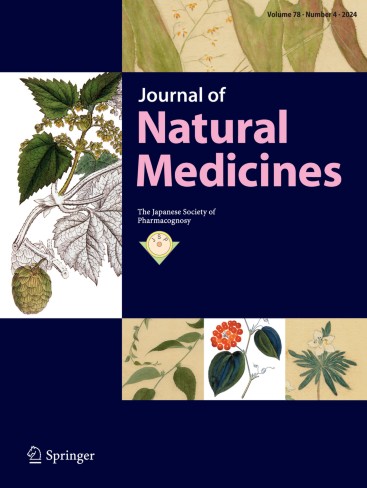Diosmetin alleviates osteoarthritis through modulating the polarization of macrophages by inhibiting the PI3K/Akt signaling pathway
Abstract
Osteoarthritis (OA) is the most common degenerative musculoskeletal disorder worldwide. Diosmetin is the aglycone of diosmin, which is widely distributed in citrus fruits and olive leaves and expresses anti-inflammatory effects in many diseases. It was reported to alleviate OA through inhibiting subchondral bone remodeling, but its anti-inflammatory function in attenuating OA has not been determined. In this study, we established an OA mouse model by anterior cruciate ligament transection (ACLT) and destabilization of the medial meniscus (DMM) surgery. Diosmetin was then intragastrically administered twice a week for eight weeks. The effect of diosmetin on the mouse knee joint was determined via histopathological analysis. In vitro, diosmetin was applied to treat chondrocytes, fibroblast-like synoviocytes (FLSs), and macrophages. The effect of macrophage secretion on chondrocytes was evaluated using a coculture system. The activation of the PI3K/Akt pathway in macrophages was evaluated via Western blotting. The results showed that diosmetin attenuated OA in an OA mouse model without causing obvious organ toxicity. Diosmetin did not inhibit the degradation of the extracellular matrix or the upregulation of degrading enzymes in chondrocytes. Diosmetin also did not inhibit the expression of fibrosis-related proteins in FLSs. Diosmetin promoted the transition of macrophages from the M1 to the M2 phenotype through inhibiting the PI3K/Akt pathway. The coculture of chondrocytes and macrophages indicated that cytokines secreted by macrophages attenuated the degradation of the cartilage extracellular matrix. To conclude, diosmetin promoted the transition of macrophages from the M1 to the M2 phenotype. Diosmetin-treated macrophages attenuated the degradation of the cartilage extracellular matrix, which may be another mechanism underlying the protective effect of diosmetin on OA.

 求助内容:
求助内容: 应助结果提醒方式:
应助结果提醒方式:


